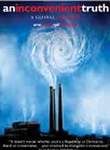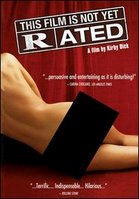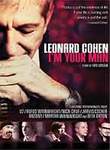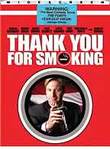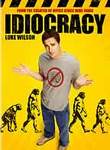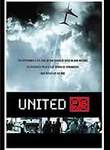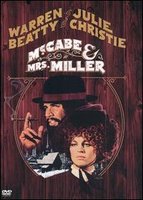
The Proposition (John Hillcoat, 2006) [7]
This western, transplanted to the harsh outback of Australia, is quite an interesting film in terms of its dichotomies. A film that wrestles with the issues of savagery and violence, as life in the 19th century Australian outback was versus the need for British/colonial imposed order and civility. The film also has an interesting collision of images, with the vast, brutal desert these characters are dropped into, a land of desolate danger and quiet, only to be interrupted with intense outbursts of violence. Hillcoat does an admirable job of handling such complex issues and still getting the story out. Captain Stanley, solidly played by Ray Winstone, has been sent to be the enforcer of British law and order, both on the murderous Irish Burns Gang, but on the Aboriginal people that populate the unforgiving land. Stanley's character is the most impressive in the film; he's not prone to overly poetic meditation or lonely introspection as some of the other characters are. That's not saying that there's something wrong with introspection here. It's definitely fitting as a rebuke to the world surrounding the characters, but at times it feels off rhythm. The film works best when it lets the images do the talking for it. Most of the time, the film grapples with the tedium that comes with being in a desolate land only to be occasionally broken up with intense violence. But the violence never overshadows the film; it is an inevitable part of life in the surroundings these characters have been placed in. The story, written by Nick Cave, probes into revenge, family, and the meaning of law. Hillcoat balances the story and the images to create a film that knows what moments it needs to be effective.
This western, transplanted to the harsh outback of Australia, is quite an interesting film in terms of its dichotomies. A film that wrestles with the issues of savagery and violence, as life in the 19th century Australian outback was versus the need for British/colonial imposed order and civility. The film also has an interesting collision of images, with the vast, brutal desert these characters are dropped into, a land of desolate danger and quiet, only to be interrupted with intense outbursts of violence. Hillcoat does an admirable job of handling such complex issues and still getting the story out. Captain Stanley, solidly played by Ray Winstone, has been sent to be the enforcer of British law and order, both on the murderous Irish Burns Gang, but on the Aboriginal people that populate the unforgiving land. Stanley's character is the most impressive in the film; he's not prone to overly poetic meditation or lonely introspection as some of the other characters are. That's not saying that there's something wrong with introspection here. It's definitely fitting as a rebuke to the world surrounding the characters, but at times it feels off rhythm. The film works best when it lets the images do the talking for it. Most of the time, the film grapples with the tedium that comes with being in a desolate land only to be occasionally broken up with intense violence. But the violence never overshadows the film; it is an inevitable part of life in the surroundings these characters have been placed in. The story, written by Nick Cave, probes into revenge, family, and the meaning of law. Hillcoat balances the story and the images to create a film that knows what moments it needs to be effective.

















